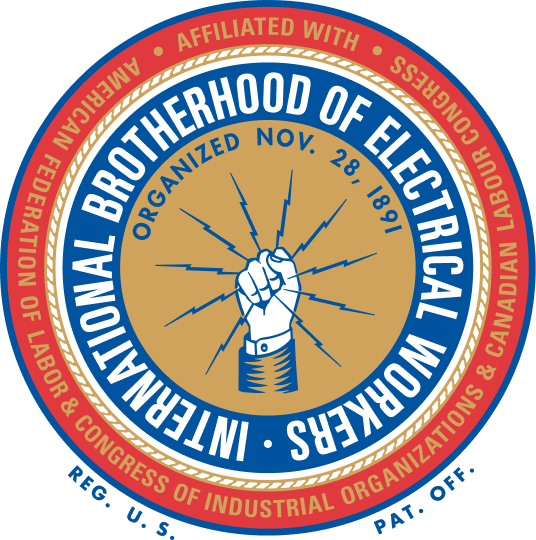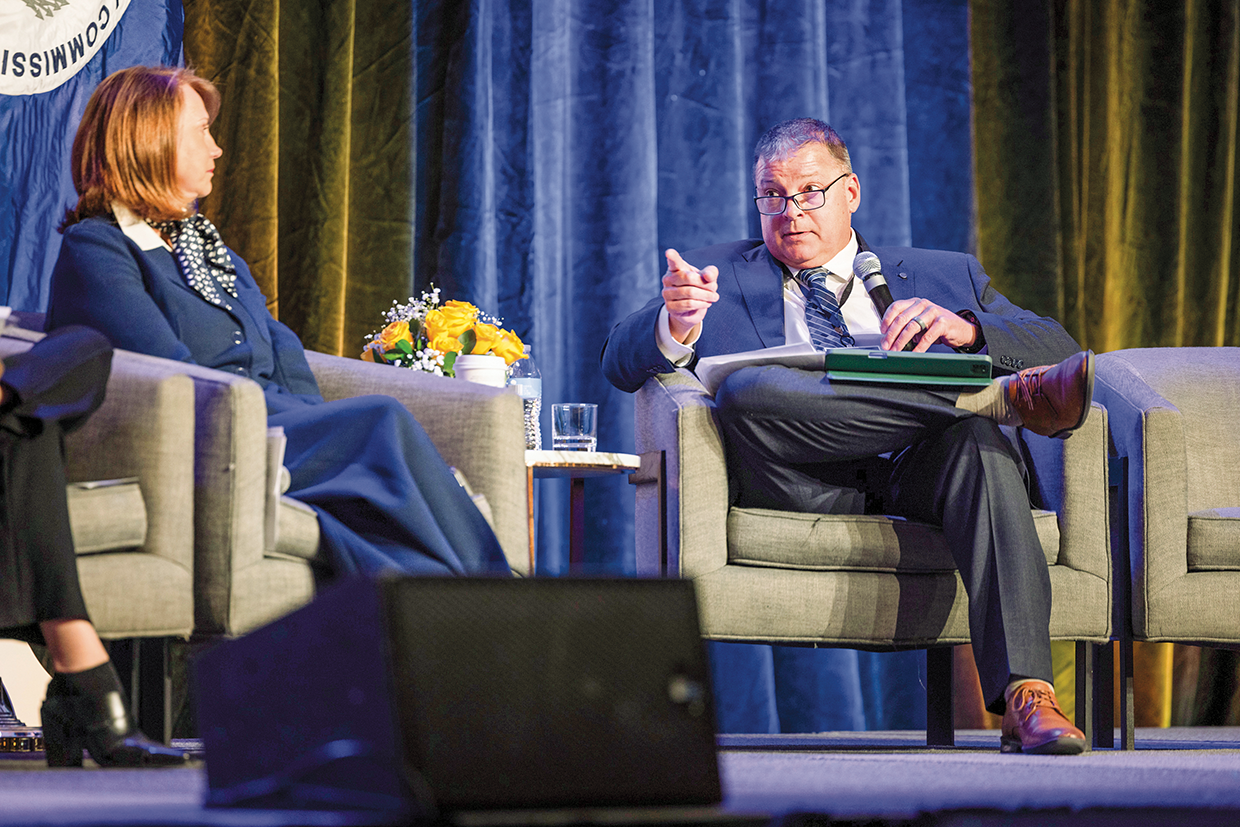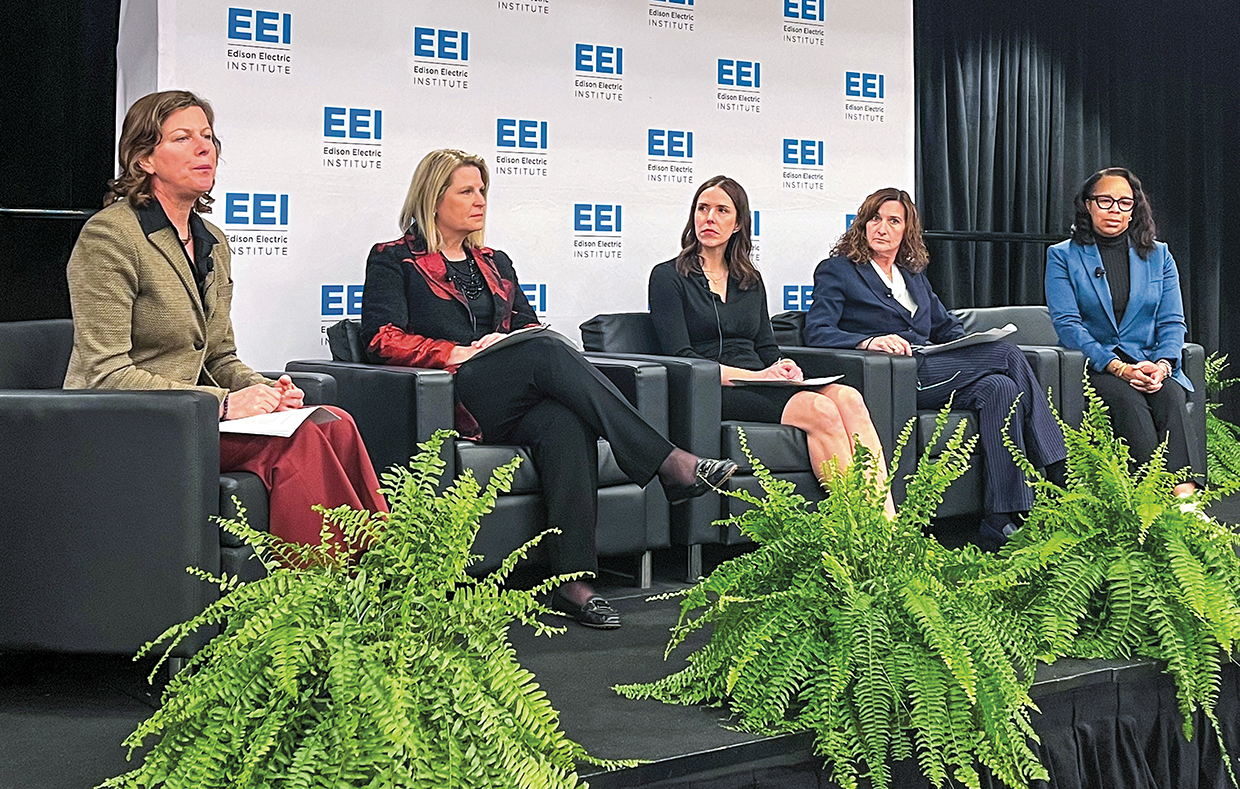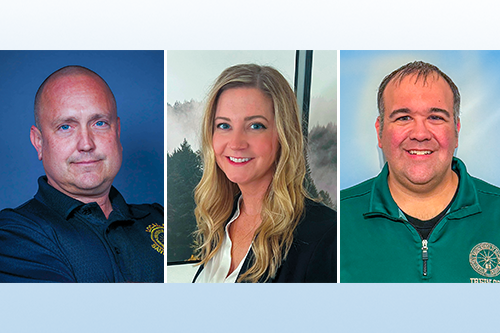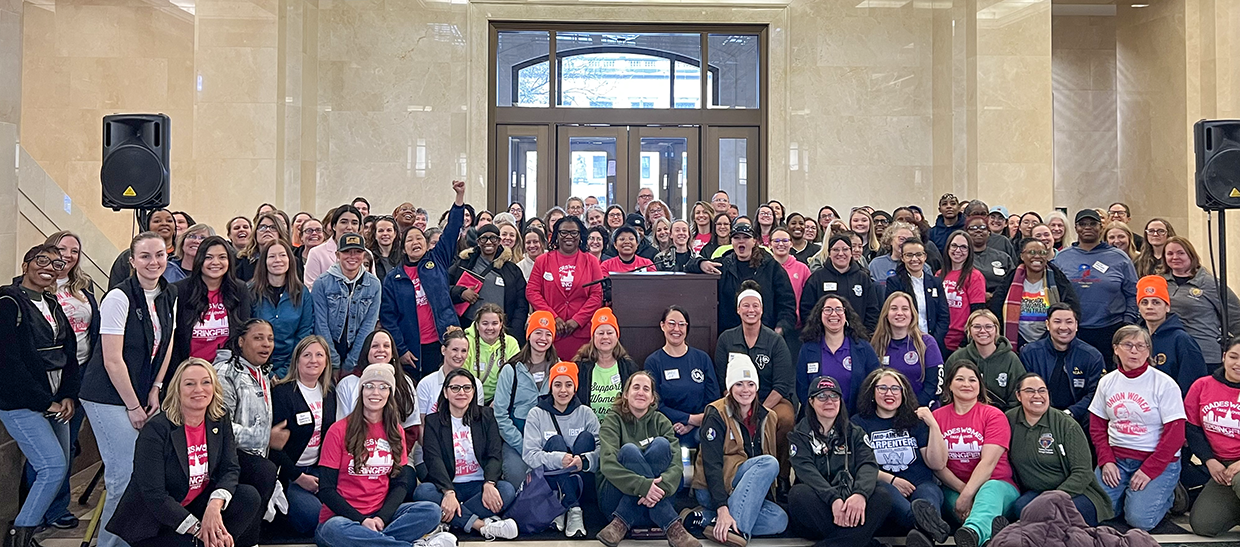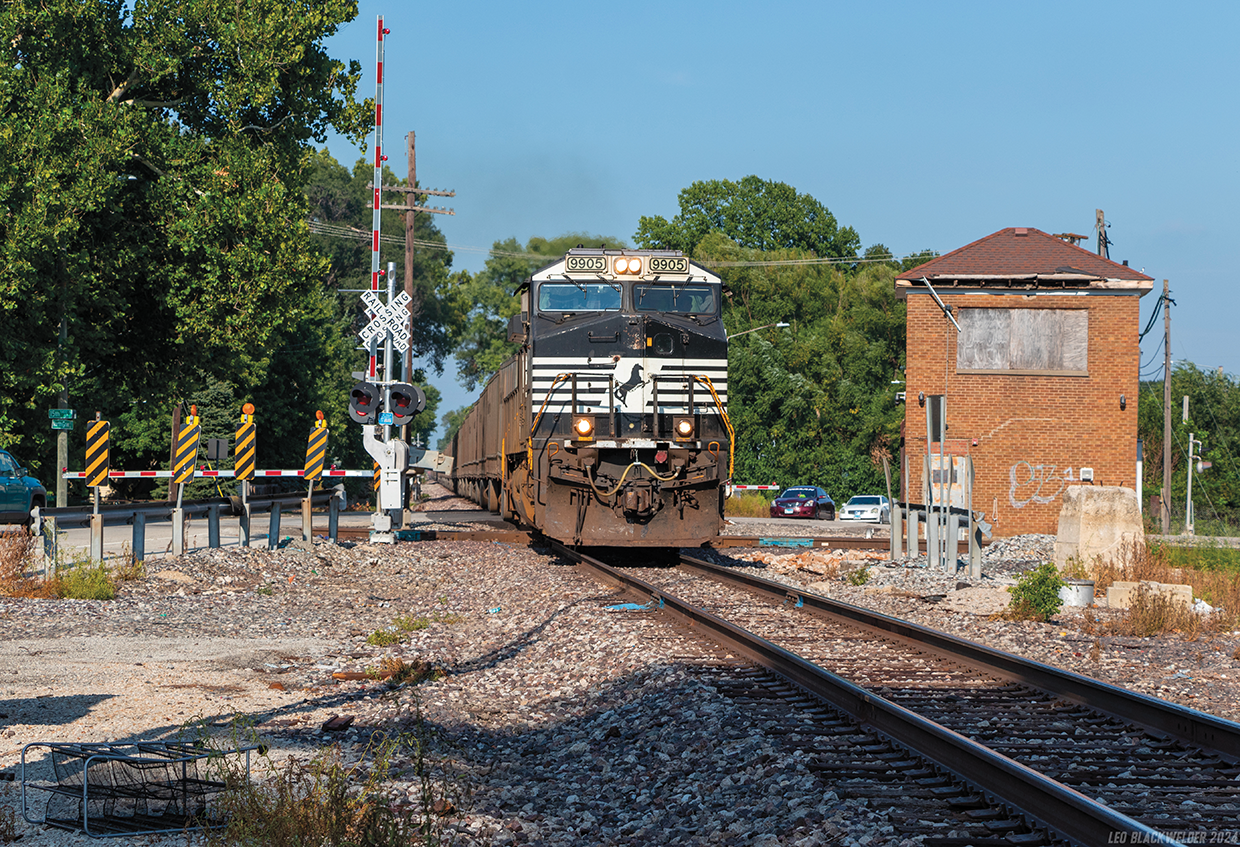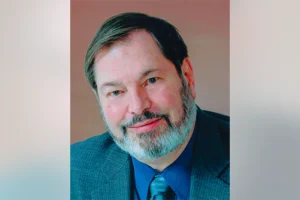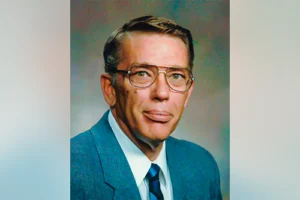
RETIRED — Paul O’Connor knew in the eighth grade that he wanted to be an electrician. What he couldn’t have anticipated is all that the profession would entail for him over his 40-plus years as an IBEW member.
“To be a member of the IBEW is the top of the mountain,” said O’Connor, who retired Dec. 1 as director of the Government Branch. “It’s a powerful thing to be able to say that you’re a member.”
A second-generation tradesperson from New Hampshire, O’Connor grew up near a Navy shipyard in Kittery, Maine. When he started working at the Portsmouth shipyard, though, he wasn’t yet in the union. He made it a point to join Portsmouth, N.H., Local 2071 as soon as he could.
“When I first became a union representative, I would always speak out against management. That’s risky to do when you don’t have the protection of a union,” O’Connor said.
O’Connor worked his way up at the shipyard, eventually serving as business manager. In 2003, he started a 13-year span as president of the Metal Trades Council, a multi-craft coalition of tradespeople working at the yard.
It was only about two years into his tenure when the Department of Defense announced that it would close the yard, which employed some 6,000 men and women. Not one to back down from a fight, O’Connor organized his fellow tradespeople to fight the closing — and won.
“Paul played a huge role in keeping it open,” said Matt Biggs, president of the International Federation of Professional and Technical Engineers, who worked closely with O’Connor during that time. “If not for Paul, it might not be open today.”
That was O’Connor’s first political battle, but it was far from his last. Federal workers are under near-constant threat from the whims of Congress and other politicians trying to make a point about government spending. As a native of New Hampshire, a state with a front-row seat to national politics, O’Connor was uniquely positioned to fight for the rights of his co-workers.
When the George W. Bush administration tried to implement a new union-busting personnel system, falsely claiming it was necessary for national security, O’Connor and others pushed back.
“Paul was critical to that effort,” said Biggs, who was down in the trenches with O’Connor for the battle. “He brought a lot of expertise that other, higher-up folks didn’t have since he was on the ground doing the work.”
O’Connor served on a number of Department of Defense-related committees and other coalitions of federal workers, always championing the men and women doing the critical work of keeping the United States safe.
“He’s a great source of institutional knowledge,” said Dale Troll, general representative of the AFL-CIO’s Metal Trades Department. “He knows federal contracts and laws inside and out.”
For O’Connor, it’s always been about what you can get out of a strong labor-management relationship when you start from a place of dignity and respect.
“Our workers are our strongest asset. We are the highest-quality workforce in the world,” O’Connor said. “Our members who work at NASA, at the [Tennessee Valley Authority], on the national grid — they’re not doing national security halfway. And it’s insulting to have Congress or anyone else say otherwise.”
While at the Portsmouth shipyard, O’Connor spearheaded a program that allowed for collaboration between labor and management, the Declaration of Excellence, culminating in that yard ranking first in quality, safety and low cost.
“It was, and still is, a highly regarded yard,” said O’Connor, who noted that all the politicians and others from government who toured the facility consistently walked away amazed. “You don’t create efficiency by randomly firing people. You create efficiency by creating a strong and respectful labor-management relationship.”
O’Connor was also a leader in revamping how blue-collar and white-collar workers are paid, pushing successfully for it to be more equitable.
“He fought hard to make sure the workers got what they deserved,” Troll said. “If they knew how much time and effort he put in, they’d do more than just thank him.”
Troll noted that O’Connor wasn’t bombastic in his approach and always came from a place of commitment to workers.
“Paul could be low-key and subtle, but if you pulled his chain, he’d get riled up,” Troll said.
“He’s very unassuming, but he’s also a bulldog for what he’s passionate about, and that’s labor and federal workers.”
O’Connor said he’s glad to be back in New Hampshire and close to his family, but he hasn’t entirely stepped away from the fight. In between playing guitar and kayaking with his wife, he’s consulting on federal workforce issues, including with the AFL-CIO Metal Trades.
“We wouldn’t let him go completely toes up in the sand,” Troll joked.
O’Connor said he’d like to do more hiking and maybe take some solo bicycle trips when he’s not redoing his office.
“I want to get back out and do stuff that fills me up. The IBEW filled me up, now I want to do more,” he said. “Who knows? I might even chop some wood.”
